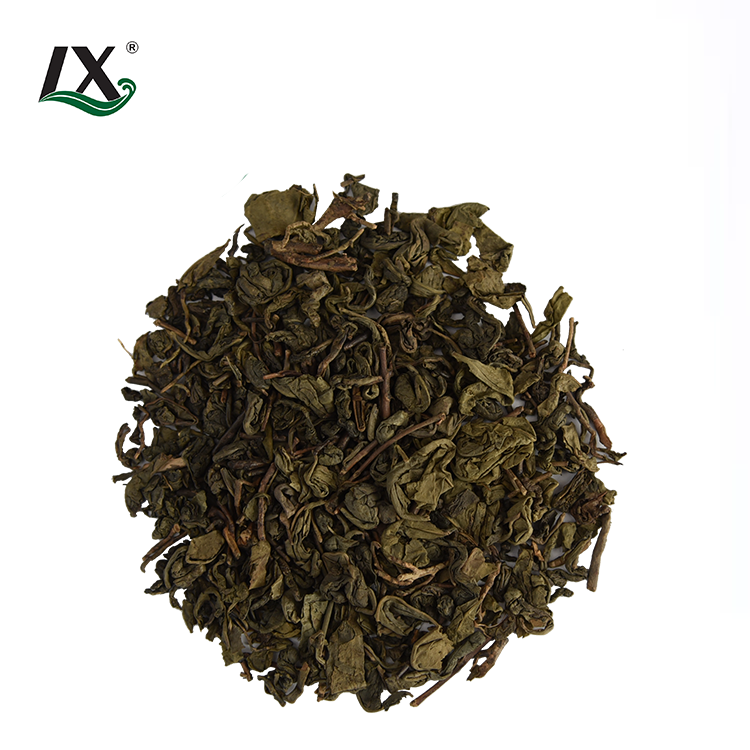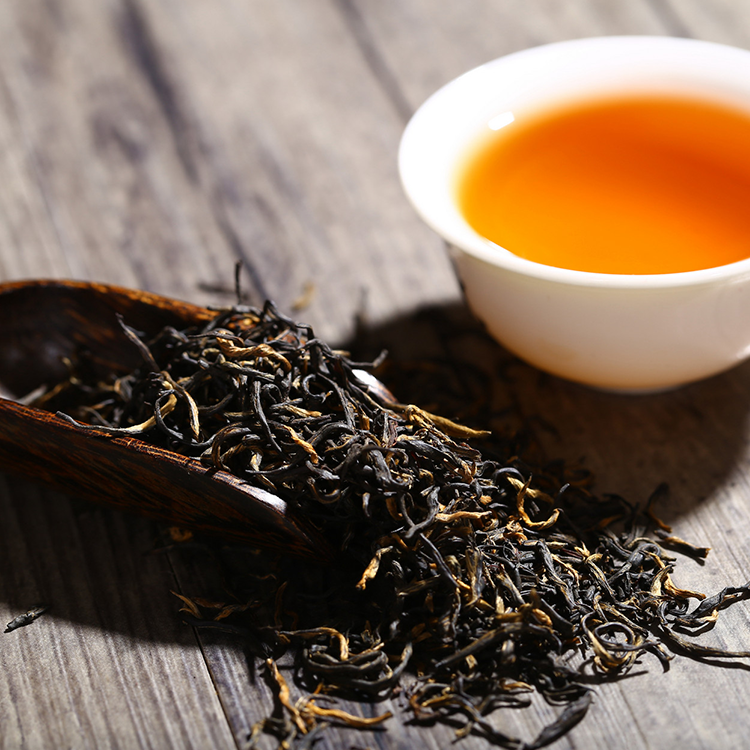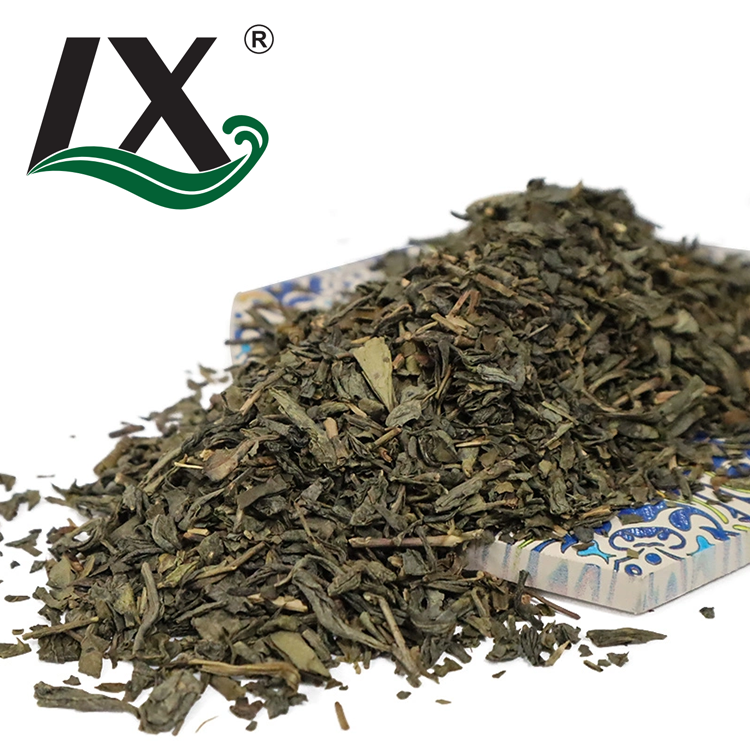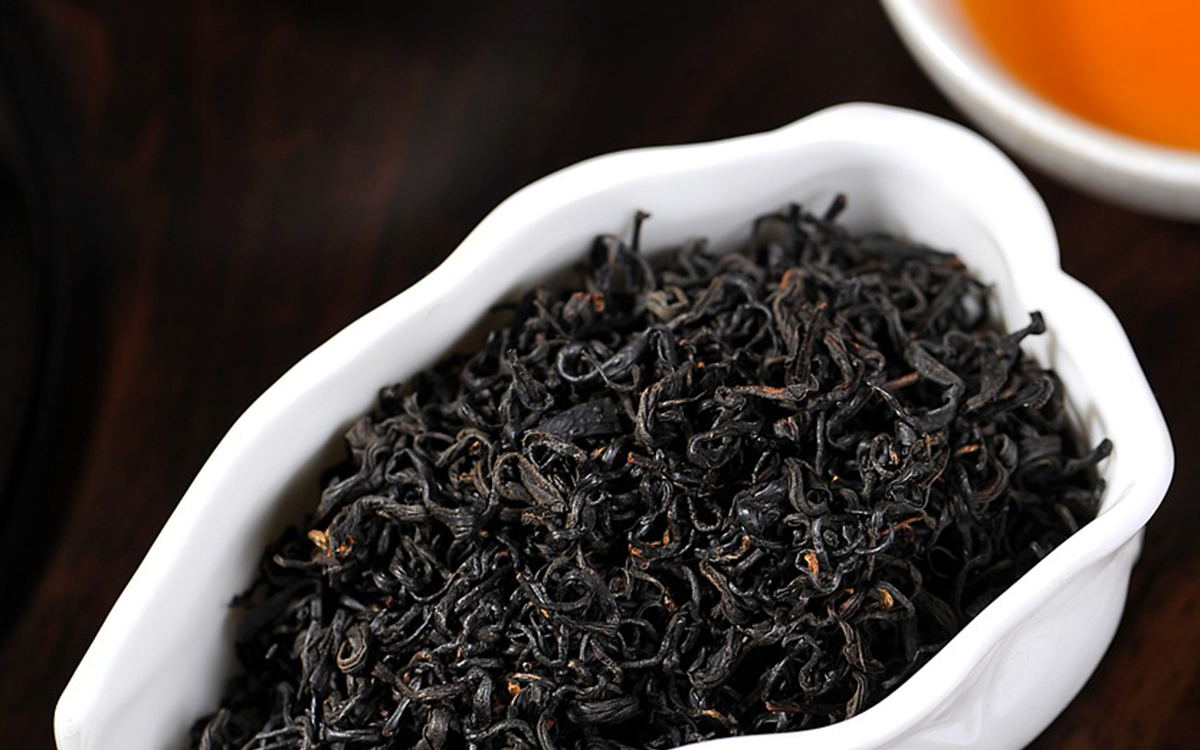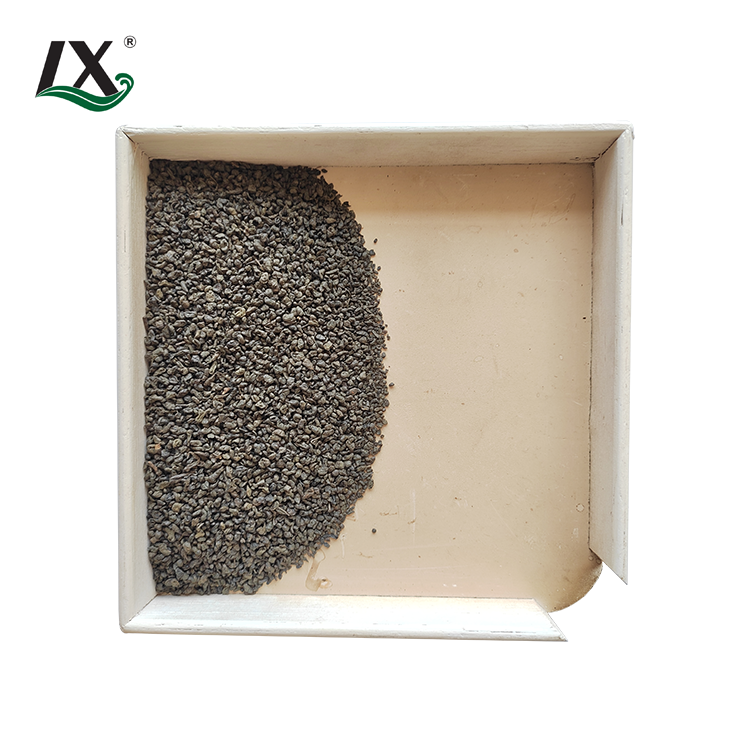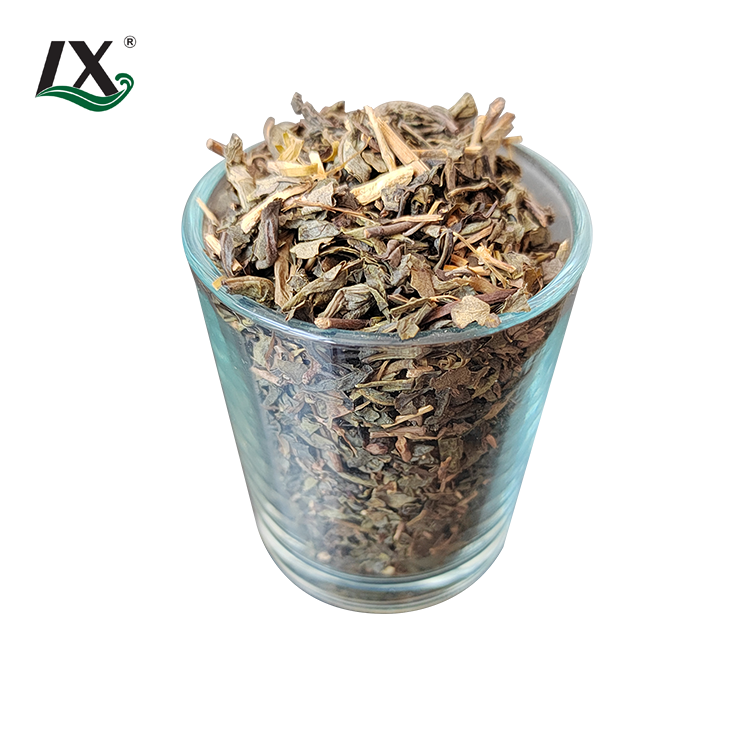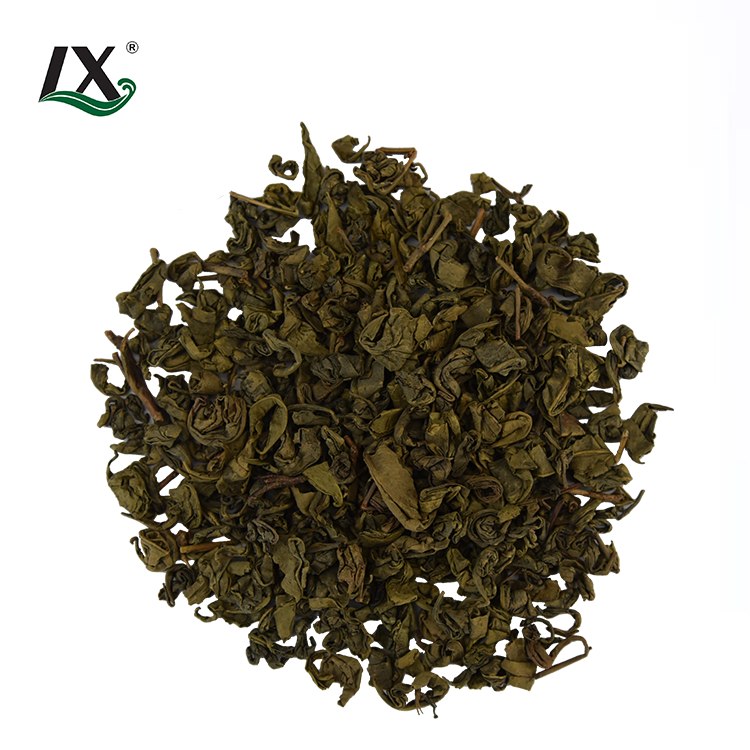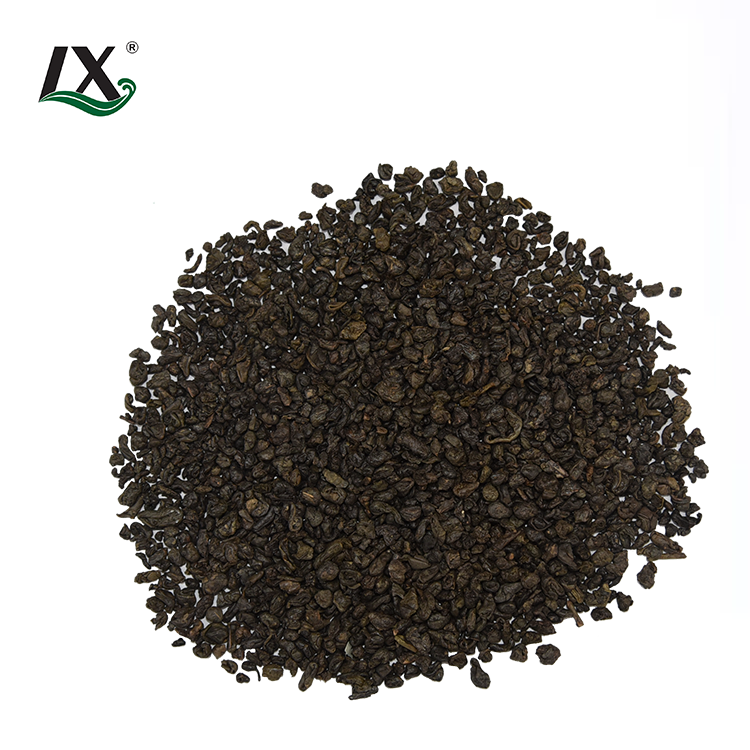Brewing Tea Helps Eliminate Heavy Metals From Water, Study Finds
Introduction
Water contamination with heavy metals is a growing global concern, affecting drinking water sources and posing severe health risks. Heavy metals such as lead, cadmium, arsenic, and mercury are toxic even in small amounts and can lead to long-term health complications, including neurological damage, kidney disease, and cancer.
However, a recent scientific study has found that brewing tea may help reduce heavy metal content in water, offering a simple and natural purification method. This discovery aligns with traditional knowledge that tea has health benefits beyond its rich antioxidant profile. In this article, we will explore how tea can eliminate heavy metals from water, which types of tea are most effective, the underlying chemical processes, and how you can incorporate this method into your daily routine.

Understanding Heavy Metal Contamination in Water
Heavy metals enter water sources through various pathways, including:
- Industrial Waste: Factories, mining operations, and power plants release heavy metals into nearby water bodies.
- Agricultural Runoff: Pesticides, fertilizers, and wastewater from farms contain trace heavy metals that seep into rivers and groundwater.
- Corroded Pipes: Older plumbing systems may leach lead and other metals into drinking water.
- Natural Deposits: Some regions have naturally high levels of heavy metals in soil and rock formations, which dissolve into water over time.
Once heavy metals are ingested, they accumulate in body tissues, causing oxidative stress and interfering with normal biological functions. Conventional methods of removing heavy metals from water include activated carbon filters, reverse osmosis, and chemical precipitation, but these processes can be expensive and inaccessible in some regions.
This is where tea, a widely available and affordable beverage, presents a promising alternative.
How Tea Helps Remove Heavy Metals from Water
The study, published in the Journal of Environmental Sciences, examined the ability of different tea types to bind and reduce heavy metal concentrations in contaminated water. Researchers found that tea leaves contain natural compounds that interact with and neutralize heavy metals. These compounds include:
1. Polyphenols and Tannins
Polyphenols, particularly tannins, are abundant in tea and play a crucial role in heavy metal removal. Tannins have strong chelating properties, meaning they can bind to metal ions and render them insoluble. Once bound, the heavy metals become less bioavailable and are either precipitated or filtered out.
2. Flavonoids
Flavonoids are another class of antioxidants found in tea that help detoxify water by interacting with metal ions. They form stable complexes with metals like lead and cadmium, reducing their toxicity.
3. Catechins
Catechins, particularly in green and white teas, contribute to heavy metal adsorption. These compounds exhibit high affinity for metals such as arsenic, effectively reducing their presence in the water.
4. pH Alteration
Tea slightly alters the pH of water, influencing the solubility and reactivity of metal ions. This change can aid in the precipitation of certain heavy metals, making them easier to remove.
The Best Types of Tea for Removing Heavy Metals
Not all teas are equally effective at removing heavy metals from water. Researchers tested various tea types and found that some perform better than others:
1. Green Tea
Green tea exhibited the highest efficiency in binding heavy metals. The high concentration of catechins and polyphenols in green tea allows it to effectively chelate lead, mercury, and cadmium.
2. Black Tea
Black tea also demonstrated significant heavy metal absorption, particularly due to its high tannin content. The oxidation process that turns green tea into black tea enhances tannin levels, increasing its ability to neutralize metal contaminants.
3. Oolong Tea
Oolong tea, which is partially fermented, showed moderate effectiveness. It contains a balanced mix of catechins and tannins, making it a viable option for water purification.
4. White Tea
White tea, which undergoes minimal processing, retains a high level of antioxidants. It was found to be effective in reducing arsenic levels in water.
5. Herbal Teas
While herbal teas such as chamomile and rooibos contain some antioxidants, they were found to be less effective than traditional tea leaves at removing heavy metals.
Practical Methods for Using Tea to Purify Water
If you want to use tea as a natural water purifier, follow these methods:
1. Hot Brewing Method
Boil water and steep a tea bag or loose tea leaves for at least 5-10 minutes.
The higher temperature enhances the release of polyphenols and tannins, increasing their effectiveness in binding heavy metals.
After brewing, let the tea sit for a few minutes before straining.
2. Cold Brew Method
Cold brewing (steeping tea in cold water for several hours) also helps reduce heavy metal content, though it is less effective than hot brewing.
Use green or black tea for better results, as they have high tannin levels.
3. Tea-Infused Filtration
Some researchers suggest combining tea with activated carbon or clay-based filtration for enhanced purification.
Used tea leaves can be dried and repurposed as a natural adsorbent in water filtration systems.
Scientific Evidence Supporting Tea’s Purification Abilities
Several studies have demonstrated the effectiveness of tea in heavy metal removal:
- A 2023 study published in Environmental Pollution found that green tea reduced lead and cadmium concentrations in water by up to 70%.
- A research team from China’s Nanjing University reported that tea leaves could absorb up to 90% of arsenic from water when left to steep for over 10 minutes.
- A 2021 analysis from India’s National Institute of Environmental Health suggested that tannin-rich black tea could mitigate mercury contamination.
These findings reinforce the idea that tea can be a practical, low-cost solution for water purification in areas with high heavy metal contamination.
Potential Limitations and Considerations
While tea shows great promise in eliminating heavy metals, there are some limitations to consider:
- Incomplete Removal: Tea does not completely remove heavy metals from water, but it significantly reduces their concentration.
- Tea Quality Matters: Organic teas are preferable since non-organic teas may contain pesticide residues that could introduce additional contaminants.
- Best Used in Combination: Tea should be used alongside conventional filtration methods for maximum safety.
Storage and Reuse: If using tea leaves as an adsorbent, they must be properly dried and stored to maintain effectiveness.
Conclusion
Brewing tea not only provides a comforting and antioxidant-rich beverage but also offers a natural way to reduce heavy metal contamination in water. Scientific research supports the ability of tea’s polyphenols, tannins, and catechins to bind and neutralize harmful metals such as lead, cadmium, arsenic, and mercury.
Green and black teas, in particular, have shown the highest efficacy in heavy metal removal, making them excellent choices for those looking to enhance their water quality. While tea should not replace advanced filtration systems, it presents a promising supplementary method for reducing metal toxicity in drinking water.
By incorporating tea into your daily hydration routine, you can enjoy its health benefits while naturally improving the purity of your water. Future research may further optimize tea-based purification techniques, paving the way for sustainable and accessible water treatment solutions.
Read More: Which Has More Caffeine: Coffee, Tea or Soda?







